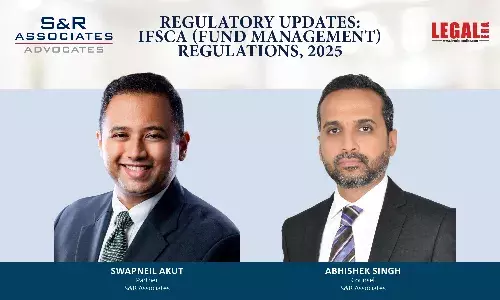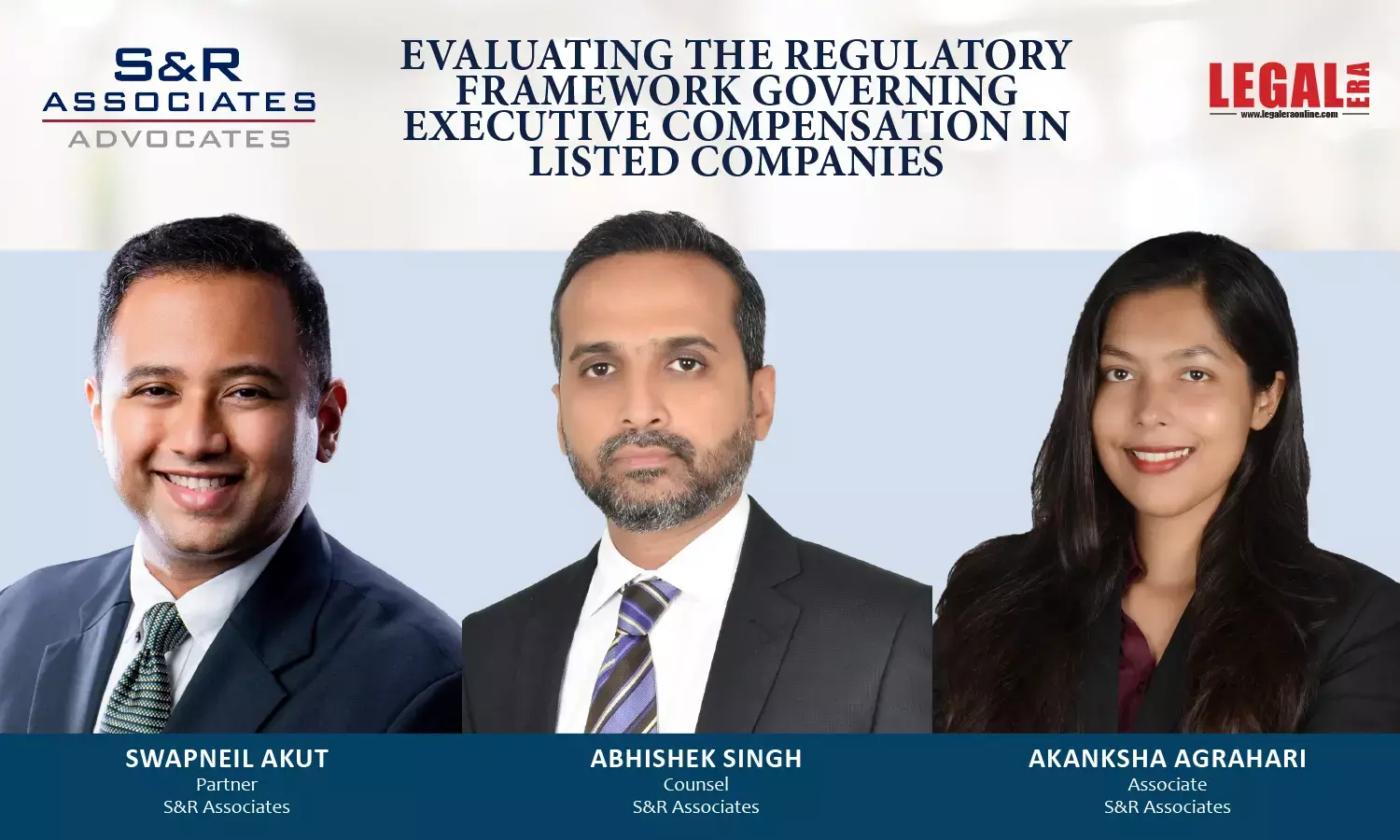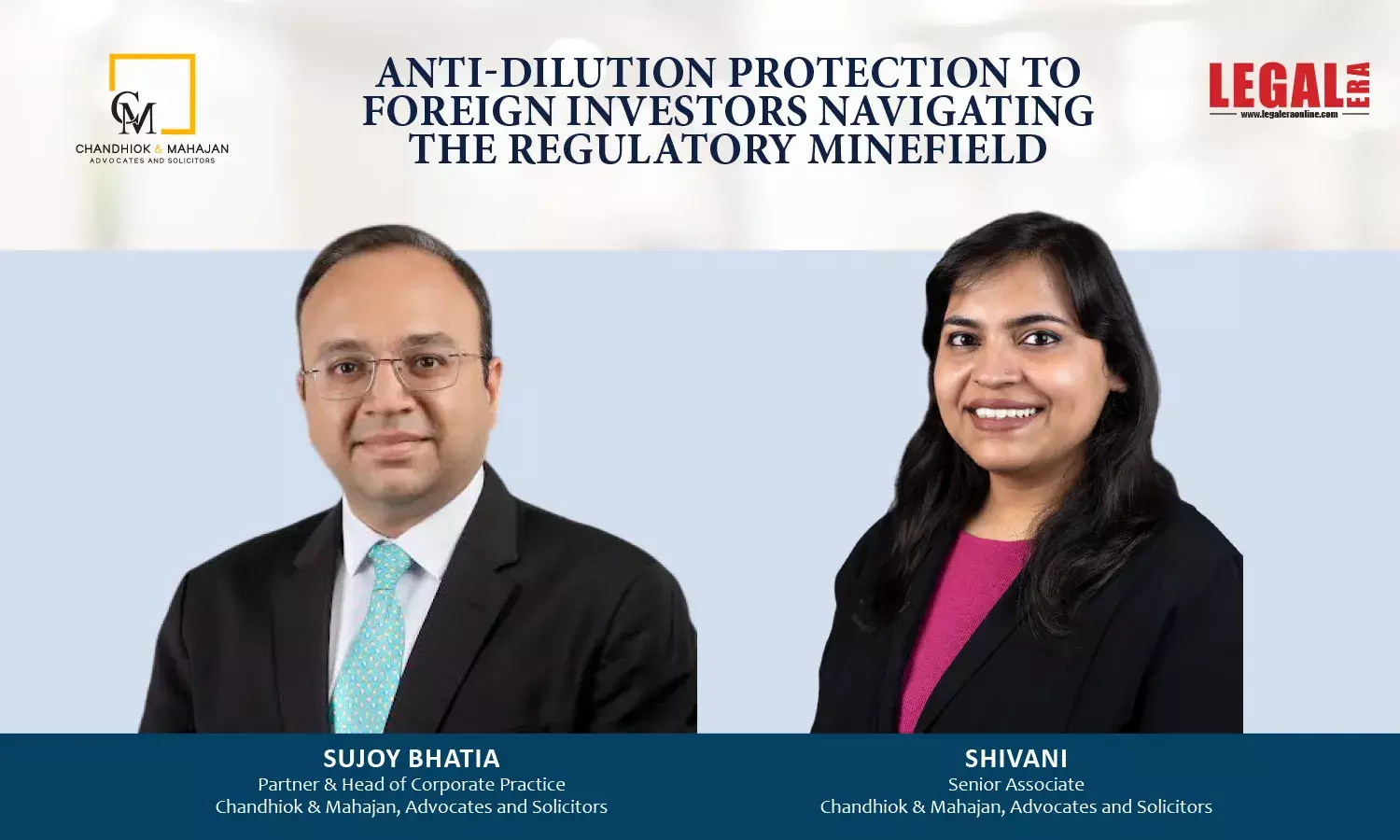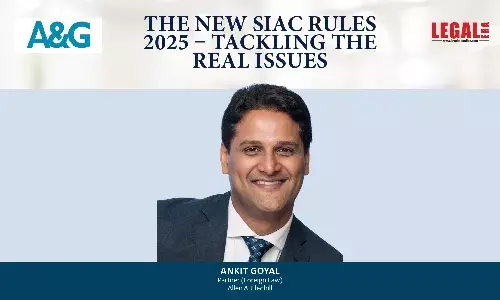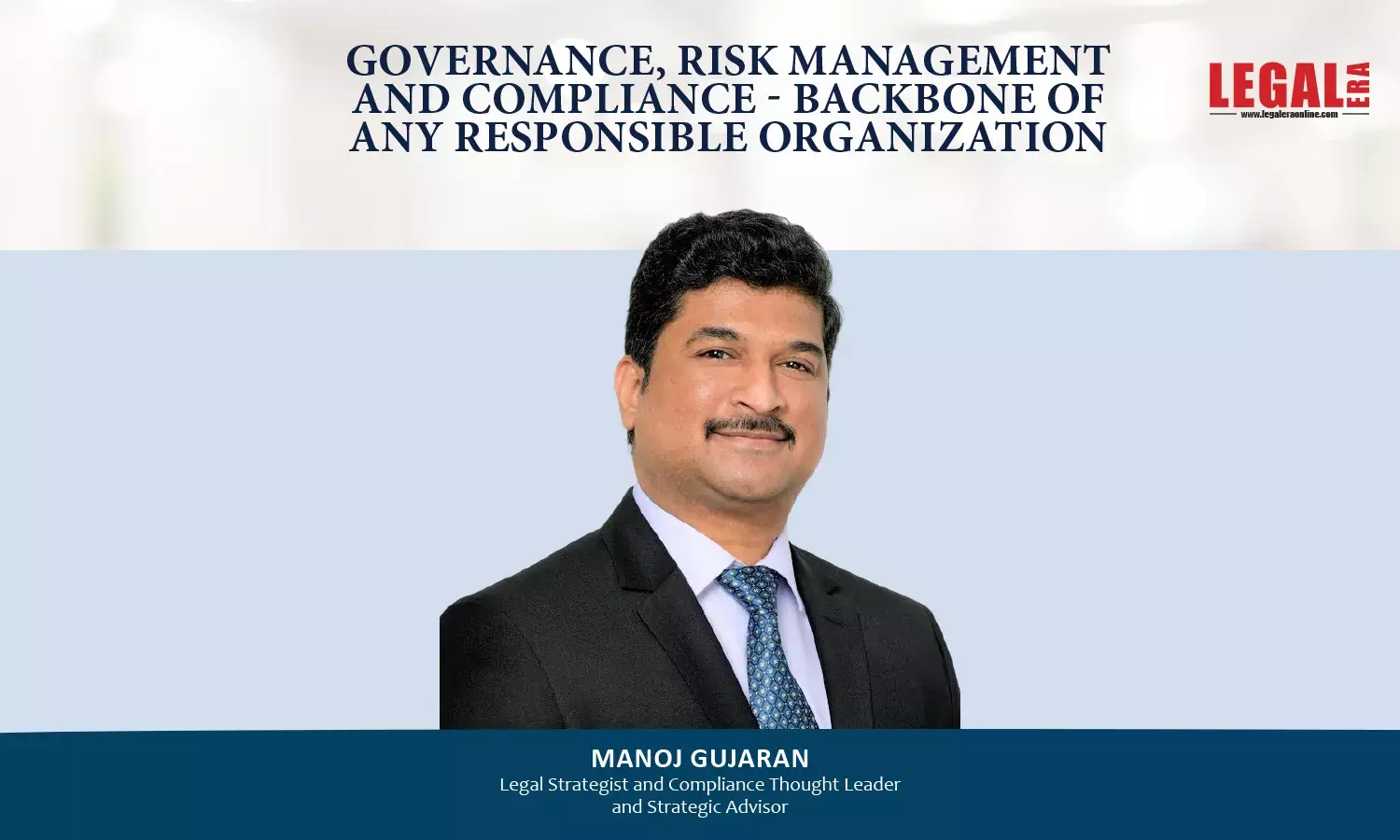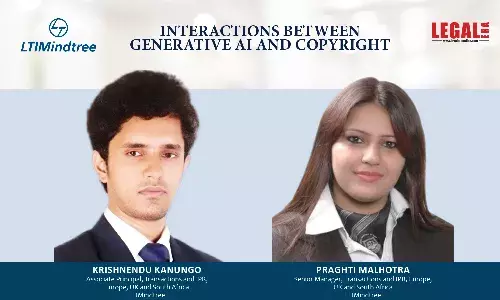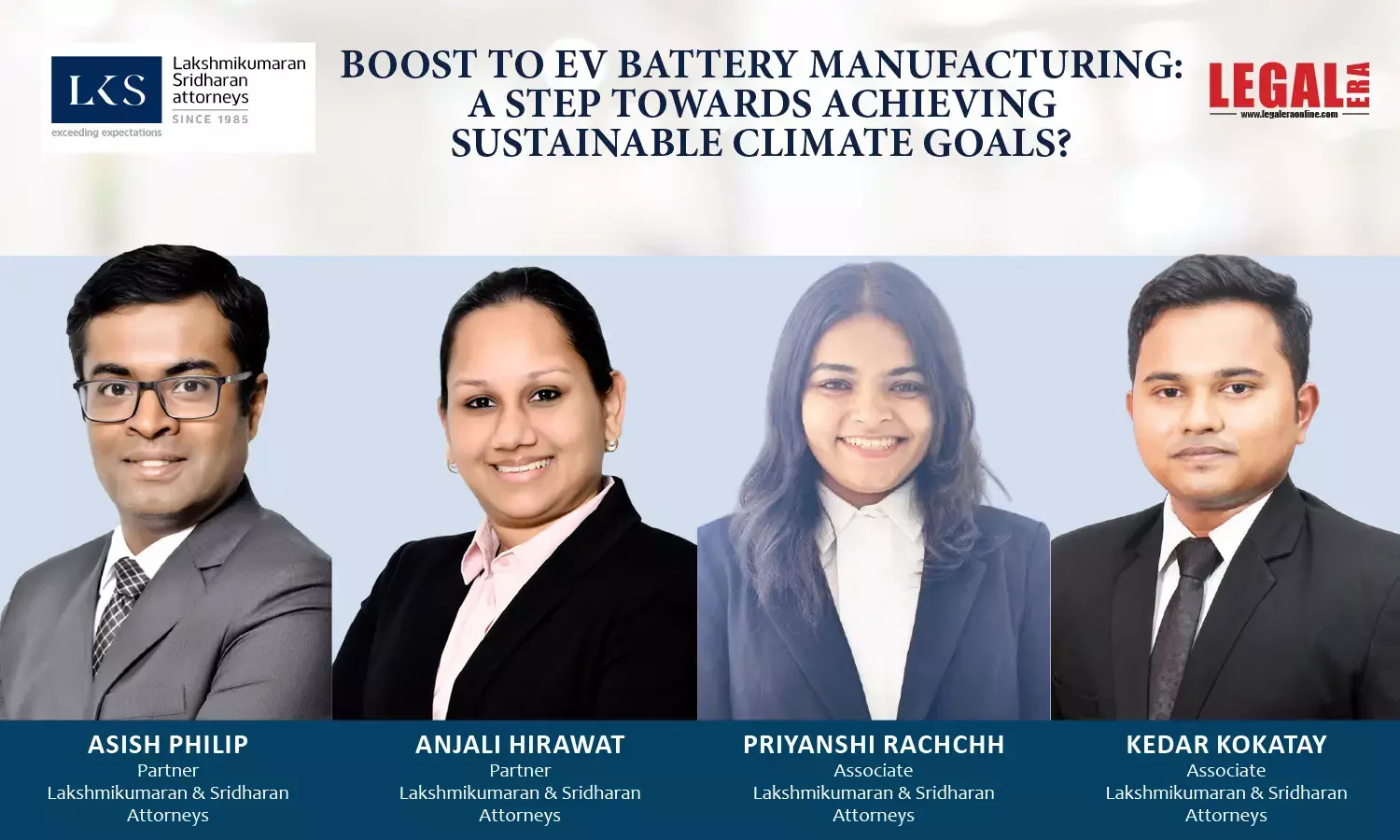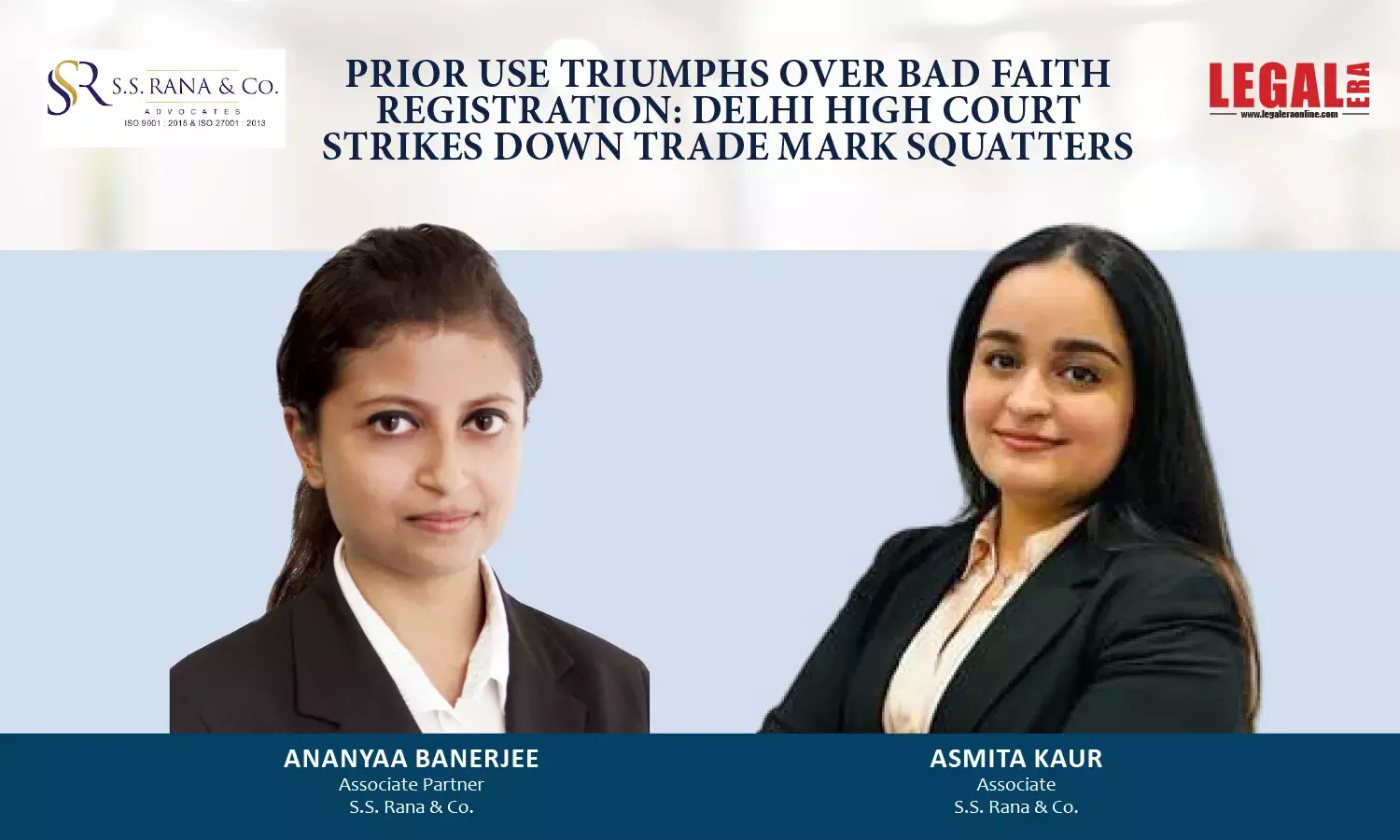"In case of Engineering, Procurement and Construction (EPC) contracts, the common question that arises is whether the amounts received/receivable for offshore supply and services can be taxed in India? Mitigating tax liability forms a crucial part of the financial package to be negotiated by financers, developers and EPC contractors " An Engineering, Procurement and Construction...
"In case of Engineering, Procurement and Construction (EPC) contracts, the common question that arises is whether the amounts received/receivable for offshore supply and services can be taxed in India? Mitigating tax liability forms a crucial part of the financial package to be negotiated by financers, developers and EPC contractors "
An Engineering, Procurement and Construction (EPC) contract is undertaken for the execution of large-scale infrastructure projects and typically involves four major components: onshore supply of goods, onshore services, offshore supply and offshore services. Payments and payment currencies are different for each component and the scope of work in an EPC contract is split into its onshore and offshore components for the purpose of mitigating tax liability. The offshore component work is structured such that the ownership of goods passes to the buyer outside India, services are rendered outside India and payment is received outside India. The common question that arises is whether the amounts received/receivable for offshore supply and offshore services can be taxed in India? As these projects require to be financed, mitigating tax liability forms a crucial part of the financing package that will be negotiated by financiers, developers and EPC contractors.
Legal provisions and background
Under Section 5 of the Income Tax Act, 1961 (IT Act), "income that accrues or arises in India or is deemed to accrue or arise in India” is taxable. Since onshore supply of goods and services is income arising in India, components of an EPC contract relating to these will be taxable in India.
Section 9 of the IT Act defines what constitutes "income deemed to accrue or arise in India". Section 9(1)(i)(a) states that only such part of the income as is reasonably attributable to India shall be taxable in India. The test is one of territorial nexus. Section 9(1)(vii) provides for taxation of income by way of fees for technical services payable to a non-resident, where the fees are payable in respect of services "utilised in a business or profession carried on by such person in India". Therefore, tax is payable on offshore services utilized in India. Prior to the 2007 amendment to this Section, offshore services were only taxable, if both "rendered" and "utilised" in India [CBDT Circular no. 1829/1989 dated September 21 1989] ("Circular").
Consequently, income from onshore services, onshore supply and offshore services utilised in India are currently taxable under the IT Act. However, offshore supply still remains outside the purview of taxation if the income cannot be reasonably attributable to India.
The Circular recognized the existence of an overall coordination agreement in case of turnkey projects and stated that the profits from sale of equipment on a free-on-board basis where the payments are also made outside India will not be deemed to accrue or arise in India. CBDT circulars are not binding on the parties to the contract, but are binding on the revenue authorities. However, this Circular has been withdrawn with effect from June 2009 and will only apply to contracts entered into before June 2009.
Supreme Court decision
In the Ishikawajima-harima Heavy Industries v. DCIT ("Ishikawajima"), a two-judge bench of the Supreme Court in 2007 held that the principle of apportionment should be applied to composite transactions, which have some operations in one territory and some in others, i.e., it is necessary to split contracts into their offshore and onshore components for determining tax liability. There has to be a clear demarcation between the onshore and offshore supply of goods and services in the contract itself. The intention of the parties to split the contracts into their individual components is determined from different types of services and prices, and the payment of consideration in different currencies. Even if the entity has a permanent establishment (PE) in India but the PE had no role to play in the transaction, all income arising out of a turnkey project will not be taxable in India, as there is no "business connection" as required under the IT Act.
In light of the above, EPC contracts have been structured such that the offshore and onshore components are clearly severable, and tax liability may be minimised by determining the taxability of each component independently. Recent Rulings: CTCI, Roxar and Alstom-Contrary views Both these recent rulings have been given by the same Authority for Advance Rulings (AAR) bench (New Delhi) but have surprisingly taken different views.
In CTCI Overseas Corporation Ltd. v. Director of Income Tax (February 2012) the non-resident entity won a tender to perform offshore supply and offshore services along with another consortium member in India, who would provide onshore supply and services. There was no territorial nexus regarding the offshore supply/services component and India. The ruling held that any business income accruing or arising to the applicant can be taxed in India only in respect of such operations carried out in India, which is not the case here, as goods were transferred through a high sea sale. The principle of apportionment of scope of work as set out in Ishikajima was reiterated and there was no reference to the Vodafone International Holdings BV v. Union of India ("Vodafone") which had been delivered earlier in January 2012.
However, in May 2012, the AAR in In Re Roxar Maximum Reservoir Performance ("Roxar") has disagreed with this position in light of the ruling in Vodafone.
In Roxar, a company incorporated in Bahrain had entered into a contract with ONGC for the “services for supply, installation and commissioning of gauges” after a tender had been floated by ONGC for the same. The AAR began on the premise that the arrangement had been one to facilitate evasion of tax and held that, in light of the Vodafone ruling given by a three-judge bench, the entire contract should be read as a whole and tax be levied on the entire transaction. It stated that the 'dissecting approach' adopted by Ishikawajima would not be good law, since the decision was given only by a two-judge bench. Services for supply, installation and commissioning were treated as a single composite contract even though there was an offshore component. The AAR concluded that the payment was received by the contractor for the performance of the contract as a whole in India. Moreover, the AAR has not even considered the position in cases such as DIT v. LG Cables (237 CTR 438 (Del)) and LS Cables v. DIT (337 ITR 35 (AAR), which reiterate the decision in Ishikawajima, making it a settled position of law. The AAR further concluded that a tender for supply, erection and commissioning cannot be split up. The analysis offers no further details and appears erroneous.
The Supreme Court in Vodafone was primarily concerned with tax evasions through sham transactions and colourable devices. The principle applied by the AAR in Roxar, referred to commonly as the 'look-at' principle, was given by the Supreme Court with respect to tax evasion schemes. The Supreme Court stated that, as per the Westminster principle, the court cannot "look through" a genuine transaction to determine whether the transaction was a scheme for tax evasion. The 'look-at' principle initiated in this respect, states that the transaction has to be looked at as a whole and in context, and not looked through.
The look-at principle appears to have been misconstrued and incorrectly applied in Roxar, without regard for the context in which it was promulgated by the Supreme Court. The Vodafone ruling is not applicable to a matter dealing with the tax liability of EPC contracts. Moreover, the AAR, by initiating the discussion on the presumption that the arrangement was a scheme for tax evasion, has chosen to adopt an approach similar to that envisaged under the proposed General Anti-Avoidance Rule (GAAR). The GAAR allows the Revenue to determine whether any transaction, irrespective of its form, is a colourable device in substance and proceed with assessment accordingly. This is entirely contrary to the doctrine of 'form-over-substance' that has acquired the status of settled law and has been reiterated in Vodafone as well and is a dangerous trend.
Recently on 7th June 2012, in Alstom Transport v. Director of Income Tax, the AAR has taken a view that EPC contracts cannot be split at all and that offshore supply contracts are taxable in India, even though the AAR has admitted that Vodafone has not overruled Ishikawajima nor has Vodafone dealt with a situation similar to that applicable in Ishikawajima. Whether contracts can be split or not is a techno commercial decision depending on the scope of work and risk that will be carried by the contractors. Owners will not want any dilution of contractor risk. It is surprising that courts are taking calls on this issue which is essentially a commereine match. Also see Dong fang Electric Corporation v/s DDIT, Kolkata, decided by the ITAT, Kolkata, on 22 June 2012, which addresses similar issues.
The impact-is there a cause for concern?
Roxar does not have precedential value-it is binding only on the applicants and the Revenue authorities with respect to the specific assessment in issue but has raised questions about the objectivity of the AAR. Since Ishikawajima dealt squarely with the situation brought before the AAR in Roxar, the decision of the Supreme Court in Ishikawajima will still be good law, irrespective of the decision in Vodafone. Until the decision in Roxar is brought before the Supreme Court and upheld or delegated legislation is introduced to this effect to overturn Ishikawajima, EPC contracts can continue to be structured as split contracts, clearly indicating the apportionment between the offshore and onshore supply components. Going forward, it may be prudent for even the Request for Quotations (RFQ) to specify that split contracts can be proposed by bidders to perform the scope of work without mitigating contractor risk. Robust legal engineering is the need of the day and will help in avoiding the tax man and reduced costs of developing infrastructure projects.
Disclaimer–the views expressed in this article are the personal views of the author and are purely informative in nature.


